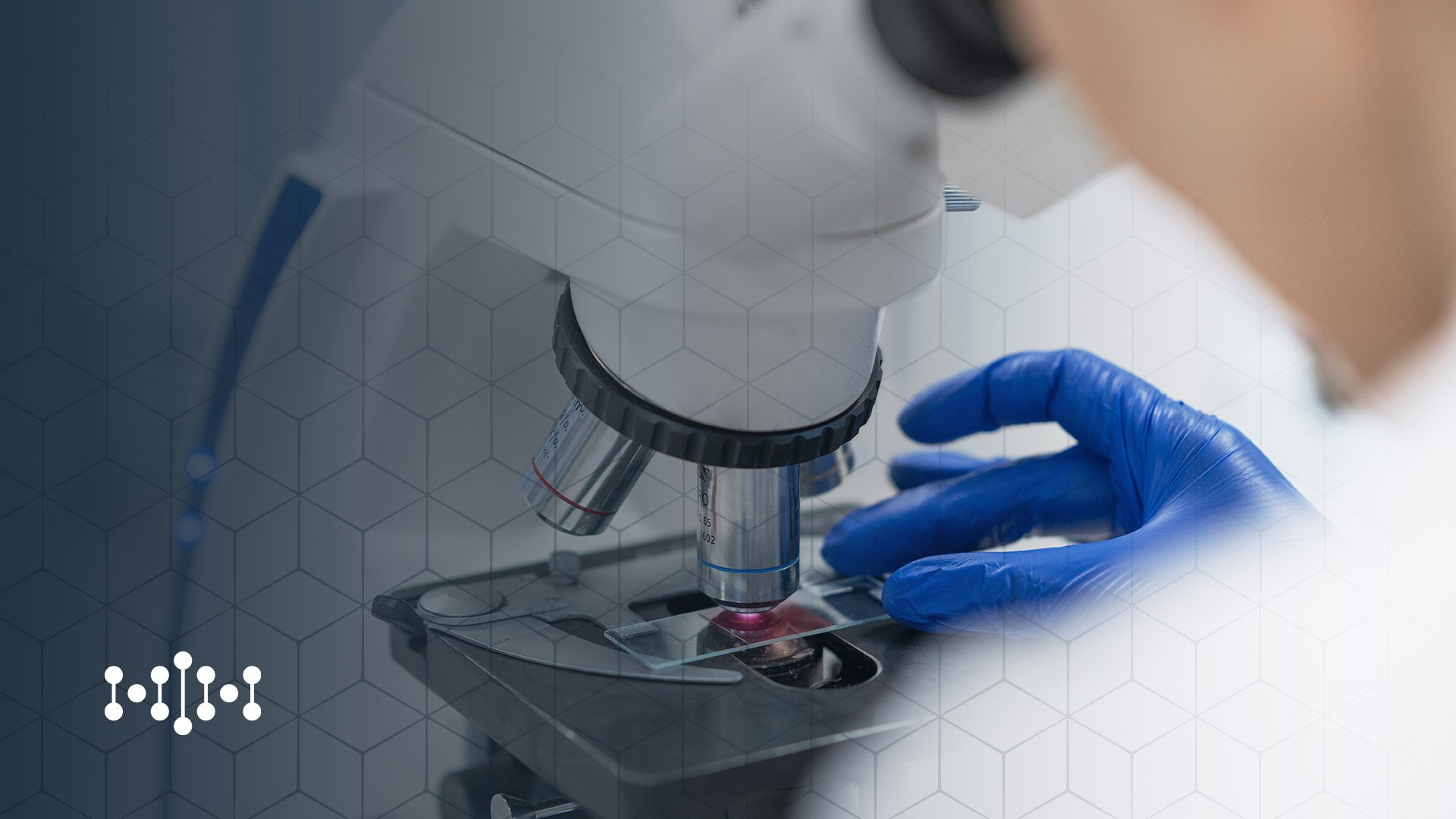
Transfer and Growth factors of the cell
Growth factors are proteins that regulate many aspects of cellular function, including survival, proliferation, migration and differentiation, very important functions involving the regeneration of a damaged organ. Growth factors determine the fate of cells as they differentiate from being progenitors or stem cells, to different types of cells, depending on the needs of our bodies.
The way growth factors work is by binding to specific receptors and activating associated downstream signaling pathways which in turn, regulate gene transcription in the nucleus and ultimately stimulate a biological response.
Imagine that the growth factors are the managers of the factories, with responsibility for all the activities of the factory, whose objectives are usually tied to the amount and quality of the items that the factory is producing; So if there is an error on the production of a certain protein in our bodies, and the quality is not acceptable, the Growth factors will start the signaling and the stem cells and other regenerative cells will go and fix the problem.
Transfer factors are tiny molecules that have very similar functions as the growth factors, but they are more specific to the immune system.
Colostrum is the way the mother passes immunity to newborn babies and it has been proven to contain transfer factors. Thanks to very advanced technology, we can obtain those transfer factors and use them to stimulate the immune system. This helps to act against bacterial, viral, parasitic infection, autoimmune diseases, diabetes, autism, infertility, psoriasis, asthma, cancer, amongst other immune deficiency diseases.
Contact us today and start planning your next visit.
Contact us today and start planning your next visit.

